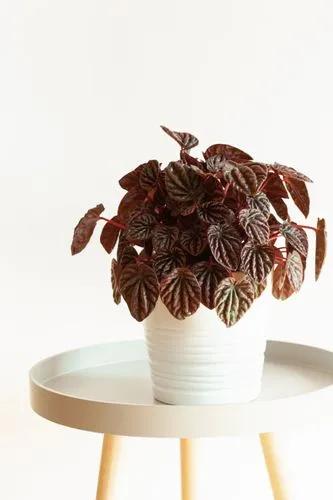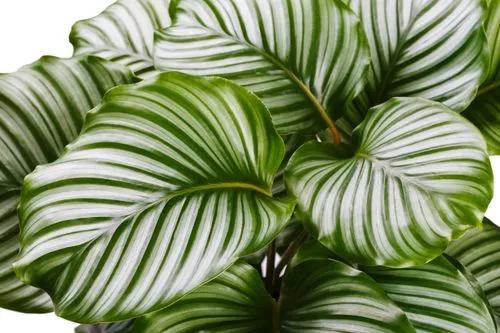Colocasia esculenta 'Mojito' is a tall and upright plant with large, ovate, variegated leaves that have black to very dark purple irregular markings and light green petioles that have dark purple longitudinal streaks that fade to pink.
Colocasia esculenta 'Mojito' Care
Colocasia esculenta 'Mojito'



Colocasia esculenta, commonly called taro, is a tuberous, stemless, frost-tender perennial of the arum family (see also calla lily and jack-in-the-pulpit) which typically grows 3-6' tall and as wide. For gardeners, it is primarily grown as a foliage plant with huge, heart-shaped to arrowhead-shaped, conspicuously-veined, downward-pointing, peltate leaves (to 2' long) on long, stout, succulent stems. As the common name suggests, each leaf purportedly resembles an elephant's ear. Calla lily-like flowers with yellowish-white spathes and spadixes are infrequently produced and usually hidden by the foliage when they do occur. This species is also commercially grown as a food crop in Hawaii (poi is made from the tubers) where it is commonly called taro. Genus name comes from the Greek word kolokasia used for the root of Nelumbo nucifera.
How to Care for the Plant

Water

When growing plants in garden soils, provide regular moisture, especially during dry summer periods, and do not allow soils to dry out. Plants may also be grown as pond marginals in up to 6" of standing water.

Fertilizer

Feed in the ground lightly with a general-purpose fertilizer or shovelful of compost every month while the plant is actively growing. Feed container-grown plants with a liquid houseplant fertilizer every two weeks.

Sunlight

Grow the plant in full sun. The more sun the better, although they will grow under varying light levels.

Soil

The plant is best grown in fertile, humusy, organically rich, medium to wet soils.

Temperature

Regular room temperatures are fine and the plant is able to tolerate temperatures into the 60°F.

Container

The plant can be grown in containers. Choose a pot with enough drainage holes.

Popularity

399 people already have this plant 116 people have added this plant to their wishlists
Discover more plants with the list below
Popular articles






